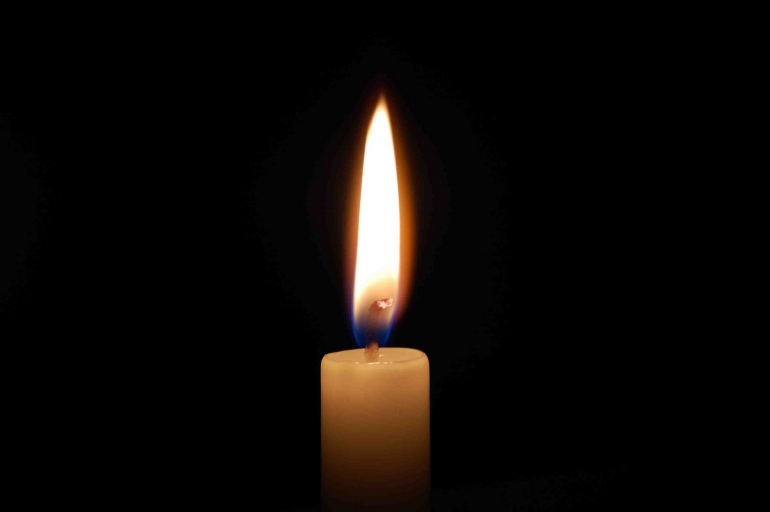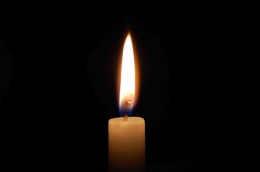[caption id="attachment_244186" align="aligncenter" width="299" caption="Candle Light (Doc: randalrauser.com)"][/caption]
What is fear? Is it real? Or is it just an illusion made by the brain to keep you away from dangers. Has it helped us throughout the years or it's just something annoying? Would it be better with fear, or without it? Let’s try to answer these questions along the way.
So has fear helped us before? It doesn’t seem so, now does it? We’ve always hated fear and we wish we didn’t have it. We are humans. We want to be brave and live without fear, but it isn’t as easy as it seems. If fear is an illusion, then it’s a pretty darn good one. An example of a common fear is the fear of spiders or, Arachnophobia. But spiders here aren’t that killer. Lightning is more vicious and kills more often than spiders. Spiders also enjoy insects better than human flesh, although some are poisonous.
So what is fear? If fear is the making of your brain to keep you away from harm, then it’s doing you a good thing actually. But some fears are a bit odd, like claustrophobia. Ever heard of that from Spongebob? Claustrophobia isn’t the fear of Santa Claus. It’s the fear of being in closed tight areas like a small bathroom or a narrow hall. So why do some people get fears like that? When obviously narrow halls can’t hurt you? Why does your brain produce the fight or flight response when everything is perfectly normal? Why do people get different fears?
People have different fears because we have different opinions and taste. Most of the times, fear develops from a young age or childhood. Like say you were perfectly fine at the age of 6 but when you turned 7 on your birthday, your mom and dad hired a clown for the party. And that clown scared the life out of you. So from then on, you were afraid of clowns. For someone else, clowns might not be a problem because they didn’t experience what you did. A kid might be afraid of dogs because an angry one attacked him.
Now, the fight or flight response where your heart beat fastens and your pupils widen and your body hair stands on its end. Adrenaline rushes through your body. Why do these things happen when we’re scared? This is your brain’s way of saving your life. If you were ever in a situation where you were attacked by tiger, the fight of flight response will turn itself on. Same thing goes for being picked on by a bully or being chased by a ghost, or even by playing a dramatic game of soccer.
Your brain does not want to die, and so do you. You start to breathe abnormally fast and your heart beat beats faster while out of rhythm. A faster heart beat means your pumping more blood into your veins. And your heavily breathing lets more oxygen into your body. This makes you burn more fuel. Oxygen is your fuel. It’s flammable and your body uses it to burn your food to turn it into energy. And energy is what you need to run away from a vicious tiger.
Fear, though it may not seem so, has helped us a lot in life. Why do we study for a test? The fear of failing an exam. Why do we work for money? The fear of having nothing to eat, thus starving to death. Why do we seek power? The fear of being powerless. A bully bullies others so that he doesn’t get bullied. Funny isn’t it? But it's true.
We are afraid of failing. And that’s what keeps us motivated. Thanks for reading.










